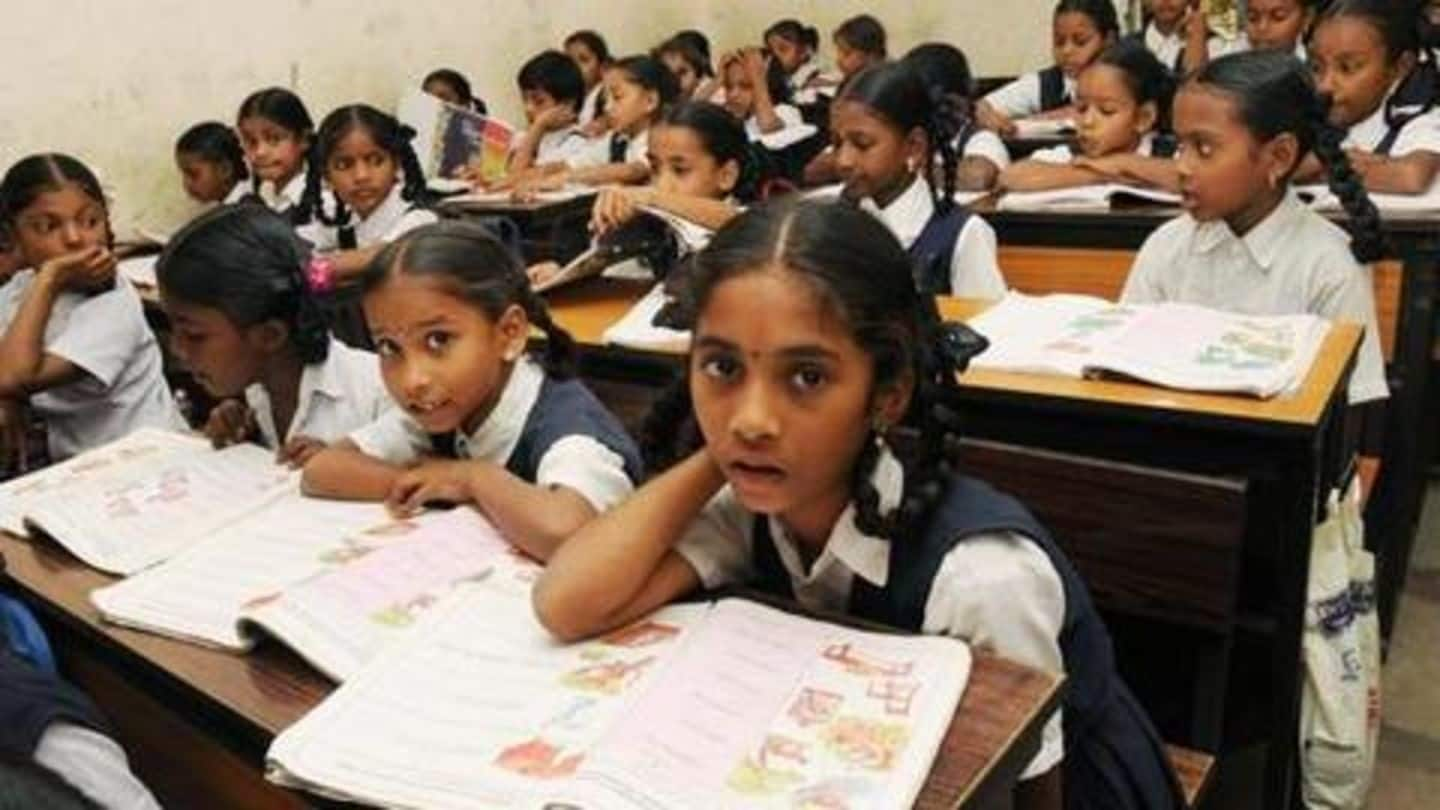
Explained: What is the controversy around Hindi 'imposition'?
What's the story
Who would have thought that languages, of which there is no dearth in India, would become BJP 2.0's first controversy? After Prime Minister Narendra Modi and his cabinet took oath, a draft bill was released by the HRD ministry. The bill suggested "imposing" Hindi across the nation which led to a massive outcry in non-Hindi states. Here are all the details about the row.
Draft
Understanding what the HRD proposed initially
It all started on May 31, when a draft of the National Education Policy (NEP) was uploaded on HRD's website. The clause which came under fire involved "three languages". The draft sought to make Hindi compulsory in all schools across India. Moreover, it suggested making Hindi and English mandatory languages in all non-Hindi speaking states, while making a third language mandatory in Hindi-speaking states.
Reactions
Tamil Nadu led the protest against contentious draft
The draft policy, which was formed under former HRD Minister Prakash Javadekar, and released by new HRD Minister Ramesh Pokhriyal, drew sharp criticism. The loudest criticism came from Tamil Nadu. Politicians of the southernmost state slammed Centre for "forcing" Hindi and pointed out that the state doesn't speak the language. DMK even threatened of widespread protest against the contentious draft.
Statement
From Stalin to Siddaramaiah, politicians picked arms against Centre
DMK Chief MK Stalin said the draft might "divide" the country. PMK, which is BJP's ally in Tamil Nadu, echoed the emotions and said the bill should be scrapped. Similarly, Congress leader and former Karnataka Chief Minister Siddaramaiah called it a "brutal assault" on states. "There is no need for three languages. English and Kannada are there... they are enough," he said.
Changes
After uproar, Centre changed the draft
Facing flak from all quarters, the Centre was forced to tweak the draft. As per the revised draft, students can change one or more of the three languages in Grade 6 or Grade 7. The draft added that students will have to "demonstrate proficiency in three languages (one language at the literature level) in their modular Board Examinations sometime during secondary school."
Pride
History has shown language is extremely important for Tamilians
The Centre may have changed the draft but it wasn't enough to placate dissenting voices. Notably, this is not the first instance when Tamil Nadu opposed Hindi imposition. Tamil is one of the oldest languages and evokes a lot of pride among natives. In 1965, the state witnessed violent protests after Centre suggested that Hindi should be India's official language.
Tweet
Meanwhile, AR Rahman waded into the controversy with subtle tweet
As the issue raged on, music maestro AR Rahman put out a subtle tweet, which was seen as his message to Centre. The Oscar-winning musician tweeted, "AUTONOMOUS | meaning in the Cambridge English Dictionary". With this tweet, Rahman, who wears Tamil pride on his sleeve, hinted he supports autonomy in states. While his followers rallied behind him, some attacked Rahman for his views.
Twitter Post
You can check Rahman's tweet here
AUTONOMOUS | meaning in the Cambridge English Dictionary https://t.co/DL8sYYJqgX
— A.R.Rahman (@arrahman) June 4, 2019
Details
Earlier too, Rahman flayed with Centre with his tweets
On Sunday, Rahman put out another tweet which also carried an underlying message. He shared a video of a Punjabi singer crooning a Tamil song, composed by him. Sharing the link, Rahman wrote, "Tamizh is spreading in Punjab." In yet another tweet he thanked Centre for rolling back the draft and wrote, "Hindi is not compulsory in Tamil". Rahman is clearly making his voice heard.